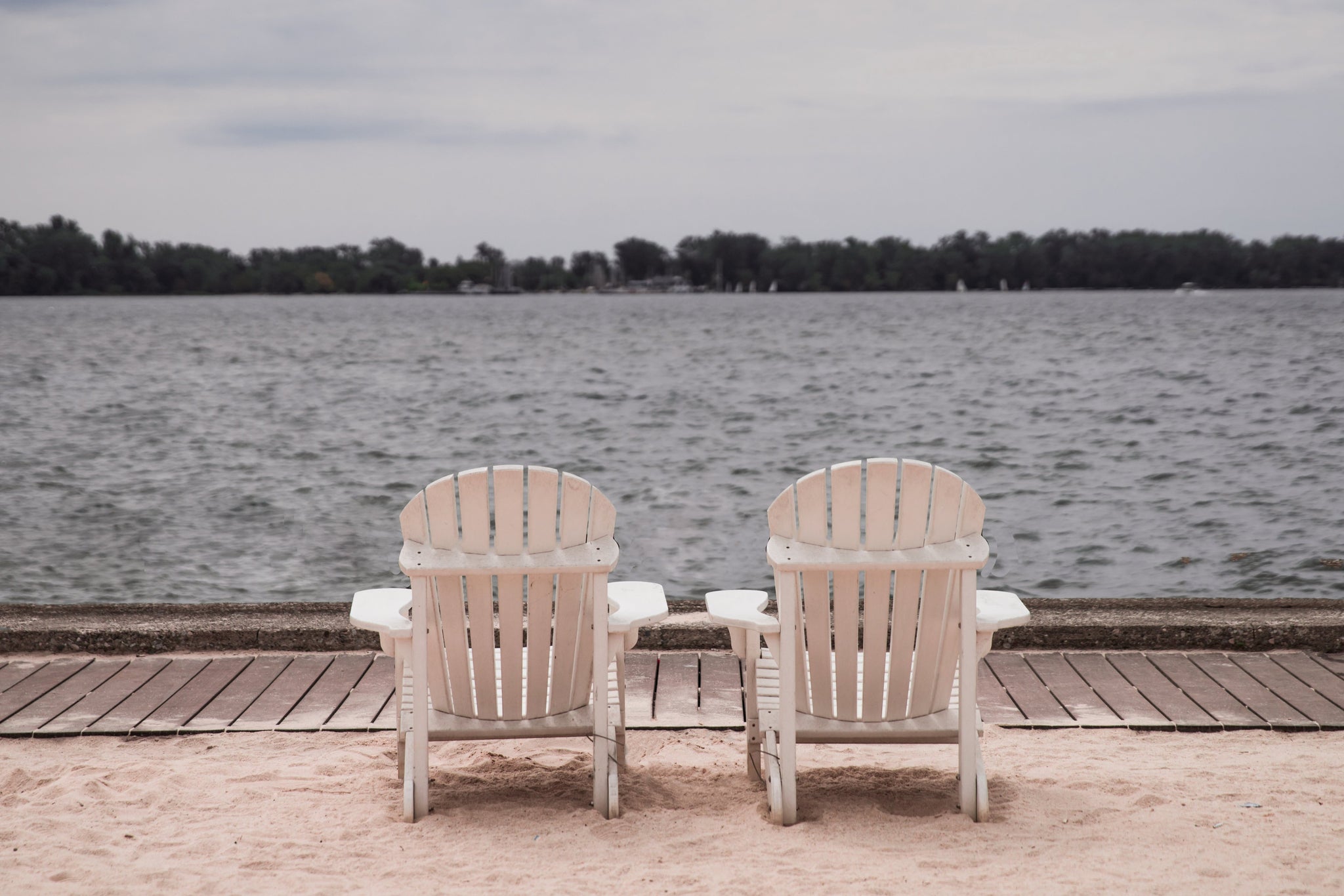Clear Lake Coffee Roasters: At Home Series - How Long Does Coffee Last? - May 09, 2021
How Long Does Coffee Last?
Can coffee go bad? Unfortunately, yes—and quickly. While green (unroasted) beans can last for months, the clock starts ticking the minute the roaster finishes its work. Learn how to buy, brew and store coffee beans for peak flavor.
How to Buy Fresh Coffee Beans
Here's how to ensure you're buying truly fresh coffee beans:
- Look for a roast date (instead of an expiration date) on the coffee bag. Try to stay within one to three weeks at the most.
- Buy whole-bean coffee (and grind the beans when you're ready to brew).
How Long Do Coffee Beans Last?
The lighter the roast, the longer the coffee beans last. Lighter roasts can survive—when properly stored—for up to two or even three weeks. That said, the trained palate will detect sharp declines in the clarity of taste towards the end of that period. As beans age and taste flattens, the coffee will also start to taste more and more bitter. Ironically, within the first week, many light roasts will taste sour, so don’t brew too soon, either!
Dark-roasted coffee is a different matter entirely. The darker the roast, the faster the decay. Longer roasting times introduce great new flavors, but also destroy the structural integrity of the bean. This means that dark roasts are more susceptible to aging quickly, especially if not properly stored. Drink a brew made with four-week-old super dark beans and you’re in for a bitter cup. However, personal preference trumps all, so some coffee drinkers may actually enjoy the stronger, more bitter taste.
Depending on whether the beans are dark or light roast, seeing spots of oil on the surface can tell you a lot. Very dark roasted coffee will exit the roaster already oily on the outside, even when perfectly fresh. But medium and light roasts should not show any visible oil on their surface when they're fresh. As beans age, the oils within the body of the bean will migrate towards the surface, And once the oils reach the exterior, exposure to the environment increases, as does the speed of decay.
If you’re brewing with a Chemex and want to know if your coffee has expired, you can rely on a dead giveaway: the bloom. Make your first pour of hot water just enough to saturate the grounds. The grounds will “fluff” up if the coffee is fresh, and you’ll see active bubbling at the surface. This happens when hot water interacts with coffee still in the process of off-gassing. You should also see some slight rainbow effects (oil) on the surface of the bubbles. If you don’t see any rise, fluffing, or bubbling of the grounds, the beans are past prime.
Can Ground Coffee Go Bad?
Once ground, coffee lasts a much shorter time, although proper packaging and storage help tremendously. Because the grounds have much more surface area exposed to the environment, it ages much quicker. If at all possible, buy your beans whole. And for the best taste, only grind as much as you need, immediately prior to brewing. In fact, when spending money on your home coffee setup, the best bang for the back comes from your grinder. Check out our complete guide to brewing coffee beans here.
Can Brewed Coffee Go Bad?
Yes, coffee that sits too long will begin to taste bitter. It's best to serve coffee immediately after brewing.
How Long Does Coffee Last in the Fridge?
Don’t store your coffee beans in the fridge or freezer. Lower temperatures can slow the oxidation, leading to a bitter taste. But the risk of exposure to moisture in the freezer outweighs the benefits of colder storage. Some research also suggests that for newly-roasted coffee, cold temperatures may actually quicken the decay of the beans.
Worse than exposure to moisture, storage that’s not perfectly air tight can also lead to the beans soaking up other odors. Because of the porous nature of coffee beans, they dramatically soak up ambient smells.
How to Store Coffee Beans
Packaging and storage influence shelf life for both whole beans and ground coffee. Bags that are flushed with nitrogen can greatly stall bean spoilage, but only if they remain sealed. Also, bags lined with airtight materials prevent contact with the environment, preserving life. In general, any storage method that limits exposure to air, heat, moisture, or light also helps extend the life of the coffee. If your bag doesn’t have these, air tight tins and containers are the way to go. We like the traditional tins. Store the tin, container or bag in your pantry, away from heat sources like ovens or stovetops.

Whilst you're here are 6 reasons for making Clear Lake Coffee Roasters - CLCR - your go-to coffee roaster:
☕️ We are a local family-run business located in the heart of Clear Lake, Iowa.
☕️ We go to great lengths to find only the finest and ethically sourced coffee around, from the top 2% of coffee beans in the world.
☕️ We only source 100% certified Arabica coffee beans, carefully hand-selecting each coffee based on specific quality and taste attributes.
☕️ Our roasting process has been refined over the years and each roast profile is individually designed to complement the nuances of the coffee we source, from Cup of Excellence (COE) award-winning producers.
☕️ By roasting in smaller batches, we can ensure our coffee is ALWAYS fresh, in fact, we roast your coffee only after you place an order - the same day your order ships out.
☕️ At CLCR, we are dedicated to a single mission: the unyielding pursuit of coffee perfection in every cup.
We would give you more reasons, but rather than reading it's better if you visit our website, purchase a bag or two, and experience a unique caffeinated or half-caff journey for yourself 😊!
Explore goodness. Click. Buy. Smile.

Clear Lake City Park Beach - Named one of USA Today's top 50 Beaches in the United States.

Leave a comment
Please note, comments must be approved before they are published